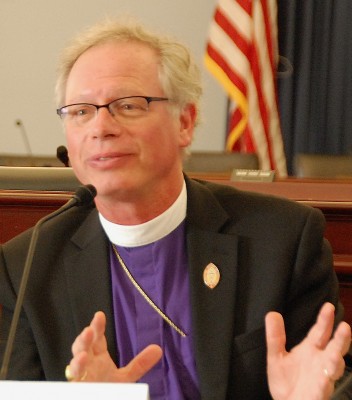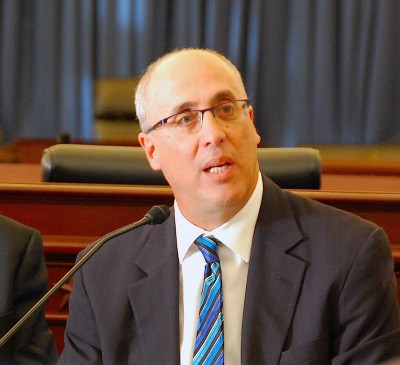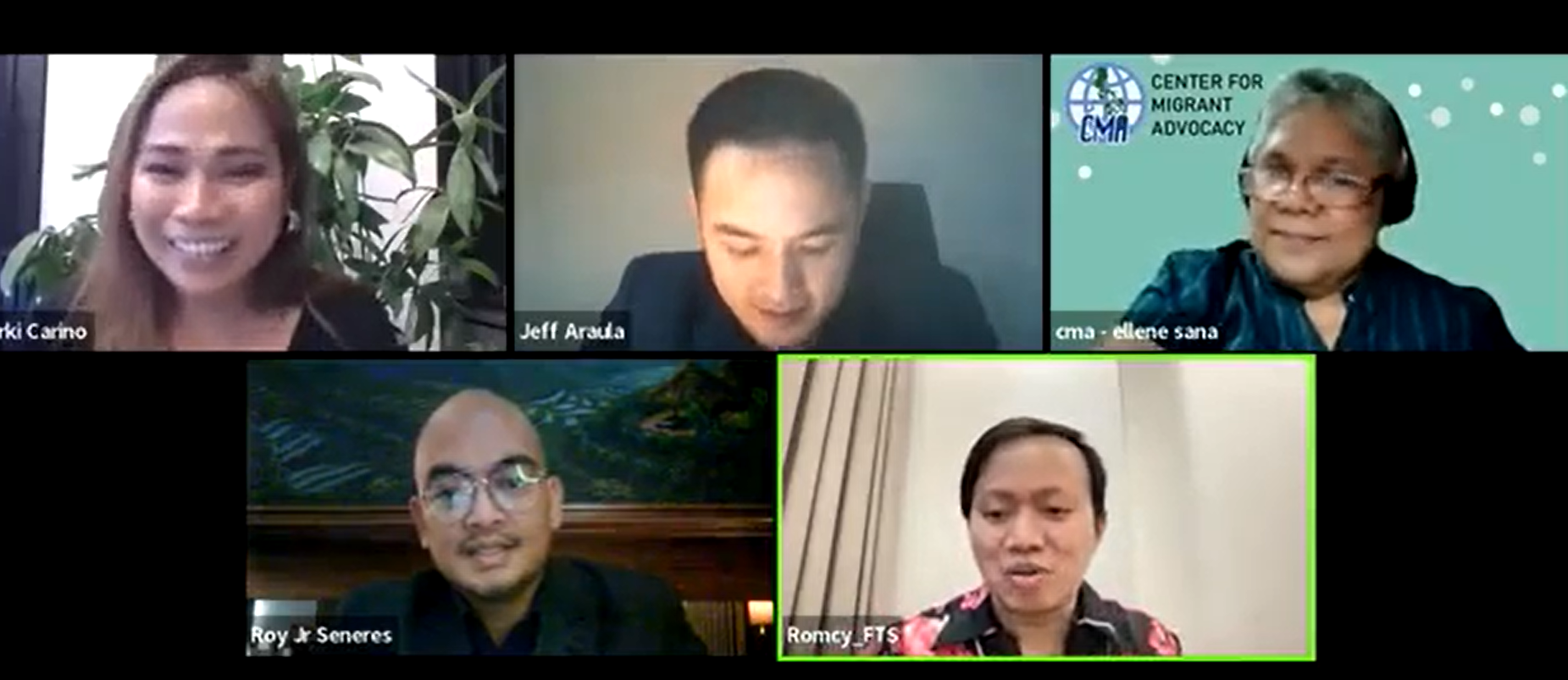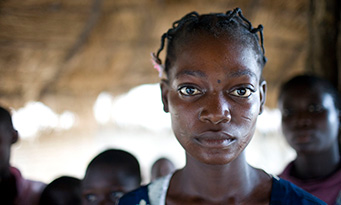Religious and political figures gathered on Capitol Hill last week to raise awareness about one of the world’s most challenging child slavery problems: restavek slavery in Haiti.
The Church World Service and The Episcopal Church, in cooperation with Congressman Chris Smith and Congresswoman Frederica Wilson organized the briefing to highlight the political, economic and ethical dimensions of child trafficking in Haiti.
Haiti is ranked as the world’s second worst hotspot for slavery on the Global Slavery Index with an estimated 209,000 slaves out of a total population 10.2 million. Many of the slaves are “restaveks,” part of a longstanding system of child domestic servitude in Haiti.
“One thing we hold in common is concern for children. Regardless of where we are in our point in life, we are very much aware of the fact that each of us holds responsibility for the future,” Church World Service President and CEO Rev. John McCullough said to open the panel. “This conversation will be about how we can play an important role in helping to make sure the children of Haiti have that opportunity to know what hope looks like, and to be able to have a sense that the future holds all kinds of possibilities for them.”
Congresswoman Wilson said that she and Congressman Smith will introduce a resolution tor the U.S. to observe the National Day for the Elimination of Restavek. Wilson said the resolution will call on the U.S. government to prioritize reconstruction and assistance efforts in Haiti, as well as the abolition of trafficking through prevention, the prosecution of traffickers, and the reintegration of child slavery survivors into their families.
Bishop Marc Andrus of The Episcopal Diocese of California told the briefing that “The eyes of God are always watching,” even though people may choose not to see the slaves in their midst. “Slaves are always by definition somewhat invisible, by choice,” he noted. “We make a social compact with each other not to see slaves.”
Emile Brutus, the deputy director of research and professor of political science and public and social policy at the Institute of Economic and Commercial Studies in Haiti, explained the restavek system. A restavek is a child who does not live with his or her biological parents; the child has been entrusted into the hands of another family. The biological parents trust those people to care for the child, but that trust is broken when the child is brought into domestic servitude. They are forced to work in dangerous jobs, they are not well nourished, they do not have access to school, they do not have access to healthcare, and they are victims of violence.

Emile Brutus of the Institute of Economic and Commercial Studies in Haiti | FTS photo
“I cannot fathom how adults have reduced children to a situation where they are dehumanized,” Brutus said. “I feel shame for the country I’m from.”
“It is a crime,” said Brutus. “It is a crime against innocence and childhood.”
But it is time to acknowledge this crime.
FTS Executive Director Maurice Middleberg said that since joining Free the Slaves, he has had the opportunity to visit community-based programs in Haiti that address the root causes of the restavek system, “so that the problem can be prevented at the source rather than having to rescue child after the fact.”
Free the Slaves works to foster solidarity in the community around the rights of children, and to provide advocacy training so Haitains can demand better resources for education and law enforcement from their government.
“The reason the parents are agreeing to give up a child to another family is because they are in a position of vulnerability,” Middleberg said.
“We are concerned about the children of Haiti and the treatment that we have been hearing, we are concerned that the government is not doing enough to protect these children,” said Congresswoman Wilson. “So we want to travel to Haiti to find out what we can do as the United States government to help the government of Haiti protect these children and to stop what we consider an abomination. To see how we can reunite children with their families, even if it is something we have to look into the treasury of the United States to do. But it is time to stop it.”





